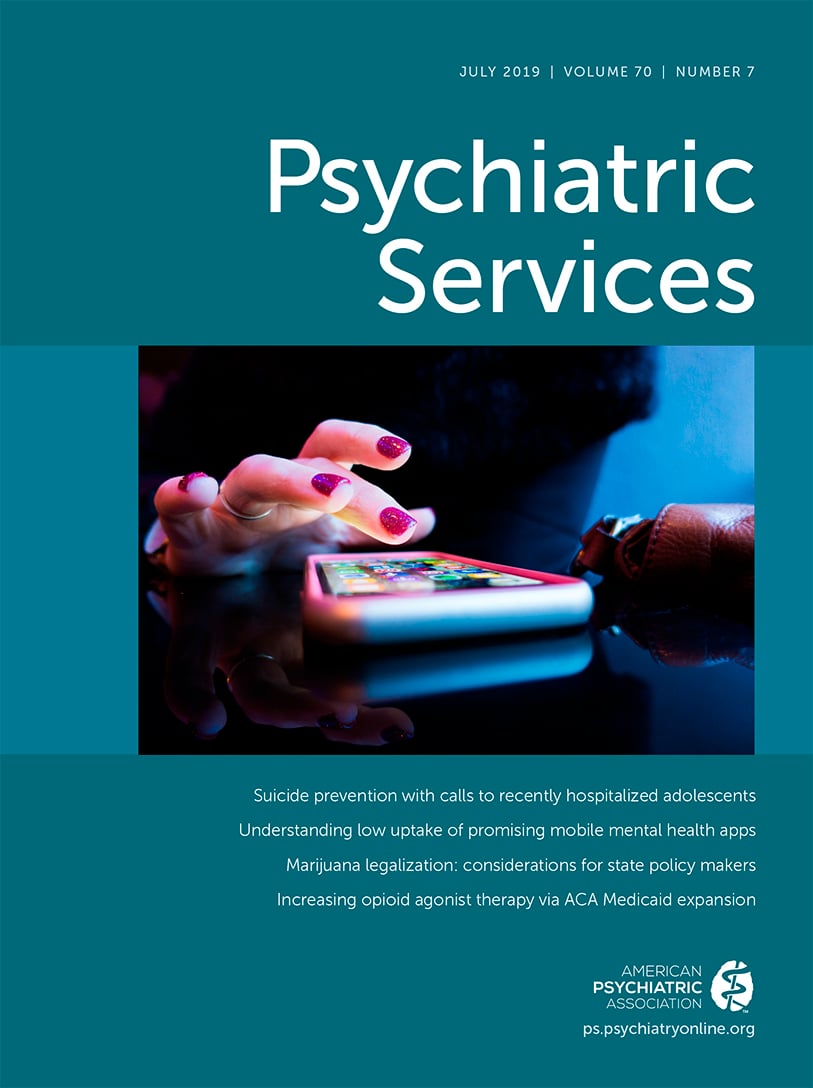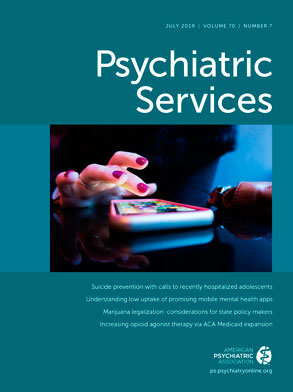There is a tremendous need for coordinated, accessible mental health services for people with serious mental illness who are in contact, or at high risk of involvement, with the criminal justice system. Despite inadequate equipment and personnel, the Texas criminal justice system increasingly provides care for individuals with serious mental illness. Lubbock County Detention Center (LCDC) serves as a regional hub for inmate detention in rural west Texas, providing criminal justice and mental health services across a 250-mile radius. Nearly 50% of LCDC inmates have a history of mental illness. To address gaps in care for justice-involved individuals with serious mental illness, LCDC, Texas Tech University, Texas Tech University Health Sciences Center, and Starcare (a mental health regional provider) formed a justice and mental health collaborative (JMHC). JMHC first identified community organizations and collaborators who could contribute to a continuum of mental health care and services. In October 2017, JMHC received a U.S. Department of Justice (DOJ) grant to evaluate efforts to reduce recidivism, divert individuals with serious mental illness from jail into treatment, and establish continuity of care.
JMHC goals are to build a collaborative infrastructure, develop analytic capacity for mental health data, and reduce the number of people with serious mental illness in the criminal justice system. JMHC has formalized existing connections between the criminal justice and mental health systems. Collaborators are from the police department, local courts, the district attorney’s office, the probation system, the private defender’s office, the veterans’ mental health agency, emergency medical services, and local inpatient mental health and medical facilities. Initial meetings encouraged collaborators to discuss their organizational capacity to manage individuals with serious mental illness and how each organization fits into the larger criminal justice and mental health systems. A system map was developed to identify gaps in definitions, network structure, and information sharing. Mental health definitions varied widely by organization, including a gap between the legal definitions of mental health competency and clinical mental diagnosis criteria. JMHC established a common serious mental illness definition for DOJ grant reporting. Organizations will report information to JMHC based on the common serious mental illness definition yet maintain autonomy to provide client services according to their internal mental health definitions.
With JMHC, organizations are working together for the first time, using networks they’ve established to address issues formerly handled by informal individual contacts. For example, 911 emergency dispatchers and first responders noted training and process gaps for handling mental health calls, identifying the appropriate responding agency, and deciding where to transport individuals with serious mental illness (medical emergency room, mental health crisis facility, or jail). JMHC is organizing first-responder training conducted by clinical professionals to bridge this gap.
Obtaining valid data about individuals with serious mental illness was problematic because of issues with data reliability, varying data structures produced by different agencies, and poor technical support for data acquisition. The data infrastructure was not built for research and lacks capacity to track individuals with serious mental illness. A major gap in records was a separately held diagnosis file. The booking system now includes a flag for individuals with serious mental illness that will aid long-term tracking and analysis of trends for that population. Many detained individuals have co-occurring substance use disorders, but lack of screening has prevented a full understanding of the clinical picture. As a result, LCDC implemented substance use disorder screening for all individuals who disclose substance use. When the county data vendor unexpectedly changed in 2018, JMHC began creating a historical data warehouse and will collaborate with the new software vendor to establish a data infrastructure conducive to analyzing and tracking at-risk populations.
Because of barriers in data acquisition, academic partners have prioritized formalization of JMHC across agencies and creation of a shared serious mental illness definition. Efforts toward development of a more robust data infrastructure will also facilitate better tracking of the population of individuals with serious mental illness.
Through communitywide collaboration, JMHC identified system gaps and proposed practical solutions for improving system integration between criminal justice and mental health care. We continue to qualitatively and quantitatively evaluate these systems in Lubbock County and look forward to reporting on future progress toward our goals.

